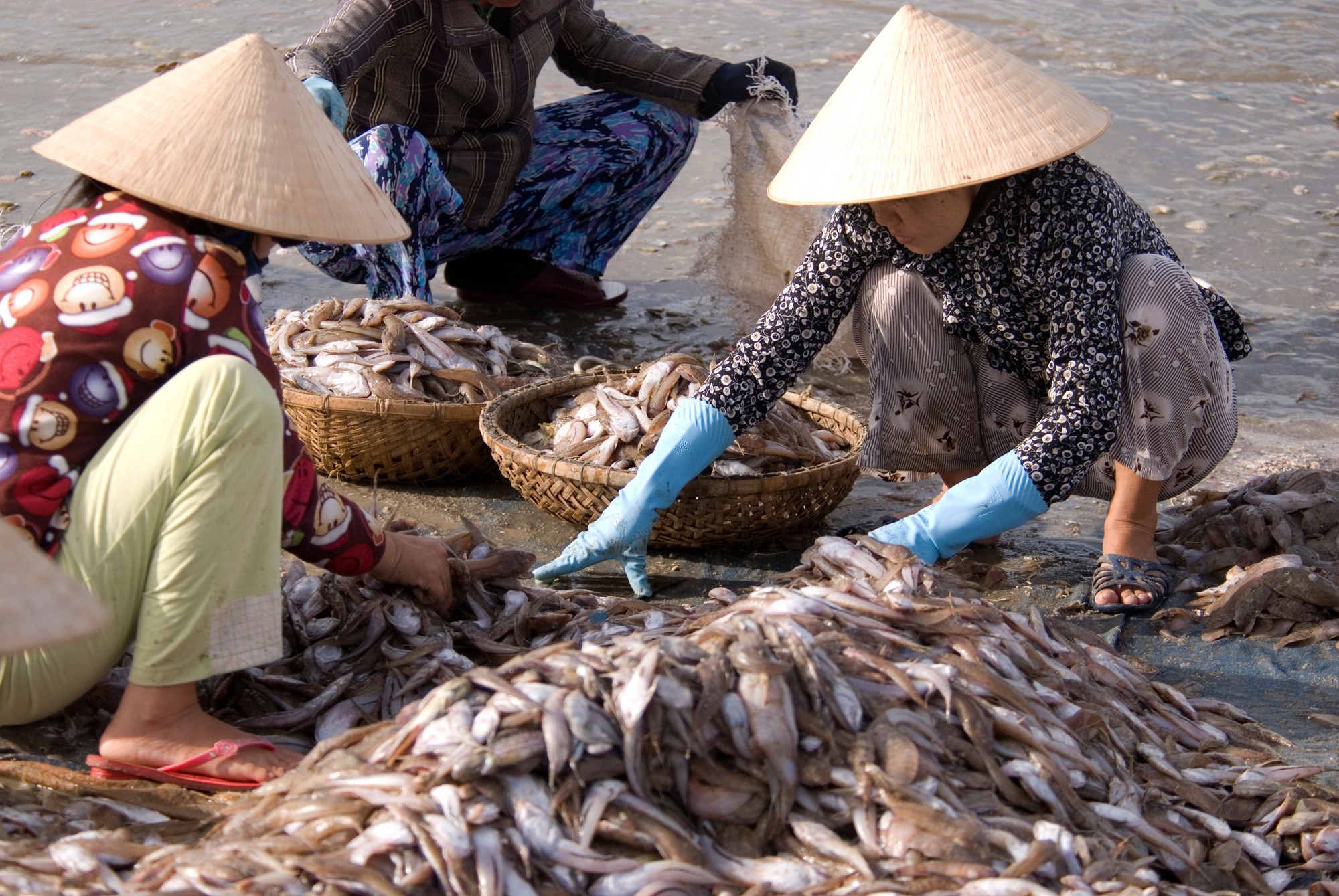The Lower Mekong River Basin (LMRB) faces mounting pressures from land degradation, disrupted hydrological systems, biodiversity loss, and climate impacts. Its interlinked socioecological landscapes are critical for regional food security and livelihoods, yet fragile under growing development demands.
This evaluation—the first strategic country cluster evaluation in the LMRB—reviews how GEF support has contributed to building resilience and sustaining outcomes across Cambodia, Lao PDR, and Viet Nam.
Projects lacked clear definitions and guidelines for applying ecosystem-based management tools, limiting their effectiveness.


Evaluation overview
- Stronger results occurred when projects combined ecosystem restoration with immediate livelihood benefits, engaged women and marginalized groups, and strengthened local ownership.
- Weak project design, fragmented monitoring systems, and limited national-level uptake constrained replication and mainstreaming of effective practices.
- The report recommends designing projects with coherent theories of change and indicators, embedding sustainability and resilience considerations, and establishing mechanisms to replicate and scale local successes into national policy.
Methodology
The evaluation draws on 28 completed and ongoing projects, portfolio review, and field visits in Cambodia, Lao PDR, and Viet Nam, complemented by interviews and primary data collection.





